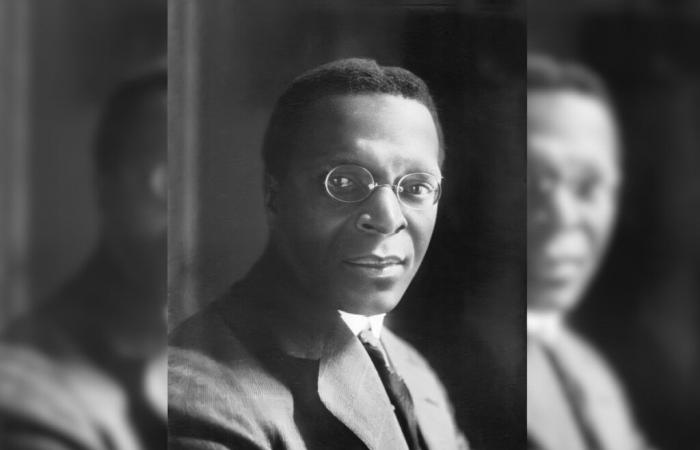Born in Martinique on November 5, 1887, to Guyanese parents, René Maran marked his time, left a mark in the literature and politics of Guyana, the West Indies and more generally France. In 1921, the publication of his novel Batouala causes an earthquake.
For the first time, an author, himself a colonial administrator, virulently denounces the abuses of the French colonial system. The same year, the Goncourt jurors crowned this work, thus making René Maran the first black author to receive the Goncourt Prize.
Batoualathe novel by René Maran, had an influence on most intellectuals of his time. He paved the way for the publication of several books on the situation in the colonies: Ebony land by Albert Londres in 1929, the works of André Gide in the 1930s and the poems of Senghor and Aimé Césaire.
In the podcast Maran and medirector Alexia Klingler invites Danny Laferrière, academician, Françoise Vergès, political scientist, Corinne Mencé-Caster, researcher in language science, Xavier Luce, doctoral student and researcher, and Nitza Cavalier, poet, to return to the legacy of René Maran, whose work acutely illuminates many of the questions posed by current forms of “ globalization», with its connection, sometimes harmonious, sometimes conflicting, of all with all.
READ – With the podcastCrossingCaribbean literature finds its voices
The production of the podcast is ensured by Bérénice Medias Corp, with the participation of
France Televisions.
The five episodes of the series can be listened to, free of charge, at this address.
Photograph: René Maran in 1923 (Agence Meurisse, public domain)
By Dispatch
Contact : [email protected]






